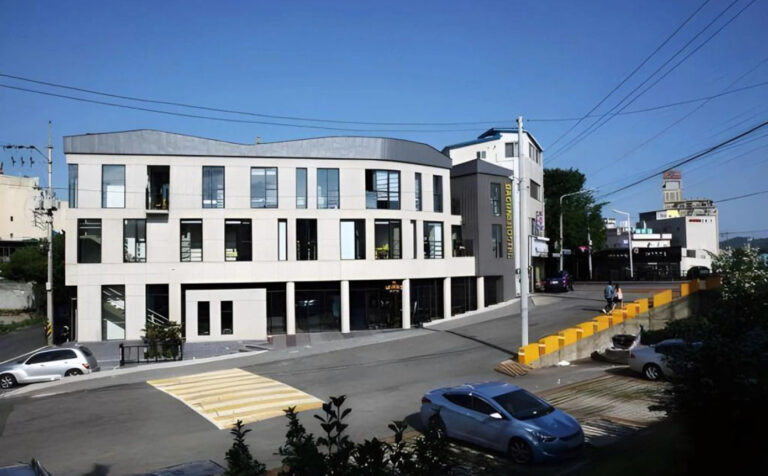The hostel business was added as a subcategory of the hotel with the revision of the Enforcement Decree of Tourism Promotion Act in 2009. The intention was to reflect the reality of hostels being increasingly popular lodging establishments among individual tourists like backpackers, by formally including the hostel business within the hotel category. This was a response to the rapid increase of lodging establishments operating under the name ‘hostel’ in the lodging market. Although hostels originated from ‘youth hostels,’ which use a similar name and had already been legislated, the market distinguished between hostels and youth hostels.
Youth hostels, which originated in Germany as nonprofit lodging establishments to expand travel opportunities for young people, spread worldwide and were controlled by national associations. However, due to the growing demand for affordable lodging options, adults also started to prefer such options. In the 1980s, independent hostels not affiliated with any association began to appear in New Zealand, and this movement spread worldwide, leading to the distinction between hostels and youth hostels.
The key turning point for the hostel market’s growth into its current massive scale was the launch of hostel-specific management software ‘Hostel World ’ in 1999. The hostel brand ‘Generator Hostels ,’ which was established in the UK in 1995, started expanding to other European countries in the 2000s, leading to the emergence of hostel operators with economies of scale. In 2007, private equity began investing in the hostel market, fueling its rapid global growth.
Currently, the registration standards for the hostel business are stipulated in Annex 1 of the Enforcement Decree of Tourism Promotion Act as follows:
- Hostels must have guestrooms suitable for individual tourists such as backpackers.
- Hostels must have amenities such as toilets, showers, and kitchens to ensure guest comfort. These facilities can be shared.
- Hostels must have cultural and information exchange facilities to provide services to both foreign and domestic tourists.
- Medical hotels must secure ownership or usage rights of the land and buildings.


